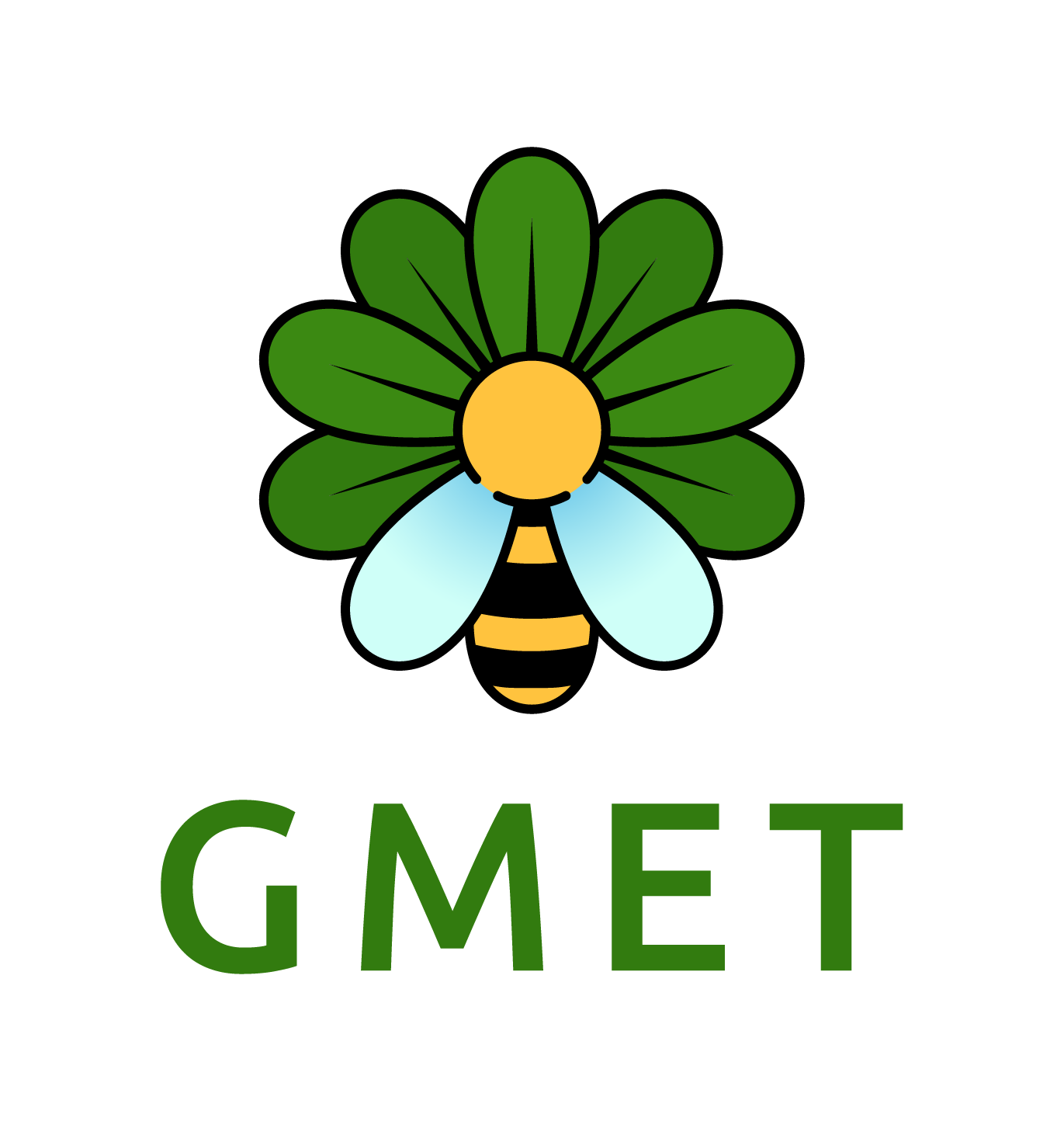My name is Lorna Smithers and I live in Penwortham, Lancashire. I came to conservation as a career change in my late 30s - I had formerly studied Philosophy to MA level, worked with horses, and failed to make a living as a writer. In conservation, I found my passions for the outdoors and learning fulfilled. Prior to this traineeship I had volunteered at local nature reserves and completed a part-time conservation internship at Brockholes. I had also done some temporary work planting on Little Woolden Moss with the Lancashire Wildlife Trust contracts team.
I began the role with a passion for practical conservation and wanting to deepen my knowledge of species identification and gain experience of surveying and monitoring, with the aim of progressing to an Assistant Reserve Officer or Assistant Ranger position.
I certainly gained a lot of practical experience – from building bunds and leaky dams, to planting peatland plants and removing invasive bracken and Himalayan Balsam, to scrub clearance and building the brash into dead hedges. I achieved LANTRA qualifications in using a brush cutter and clearing saw and safe use of pesticides and put all of these to use.
I was also provided with excellent training in surveying and monitoring. From Dr Sarah Dalrymple, from Liverpool University, I learned how to carry out a vegetation survey. I applied this knowledge to monitor the restoration I delivered on an area of fire-damaged wet heath. It also enabled me to complete a site assessment for Cadishead Moss and update the management plan and to begin getting my head around JNCC and NVC classifications.
Anna Keightley, a member of the Sphagnum Squad, and a Post-Doctoral Research Associate at Manchester Metropolitan University taught me to identify Sphagnum mosses in the field and with a microscope. I passed on this knowledge to volunteers and placements in a series of workshops. I also learned to survey for spiders and carried out butterfly and moth surveys.
One of the best things about my traineeship was that I not only had set tasks, such as helping with and leading work parties, carrying out routine admin, and contributing to social media, but that my line manager gave me free rein to work on self-led projects under his guidance.
For my personal project, I learned to grow peatland plants at Prince’s Park Garden Centre and completed an introductory booklet on the topic for volunteers and future trainees. I was allowed to pursue a personal interest by researching the prehistoric archaeology of the Manchester Mosslands, writing it up in blogs posts, and giving an online talk. I also wrote and recorded a series of poems called ‘Ghost Wolf Rises’ for a poetry trail in New Moss Wood.
My traineeship has been extremely varied and enormously rewarding and for this, I have my line manager, Jamie Lawson, the rest of the Peat Team, and all the amazing volunteers to thank. The only downsides have been the long drive and the high anxiety levels caused by being in a short-term funding-dependent role with no certainty of career progression.
Happily, in spite of the lack of local jobs in practical conservation within LWT or other organisations, things have worked out. Instead,
Lorna is now fulfilling her passion for surveying in her new job as a Graduate Ecologist and says: "I recognise the importance of my traineeship in leading me to an ecology career and would recommend this path to others."

